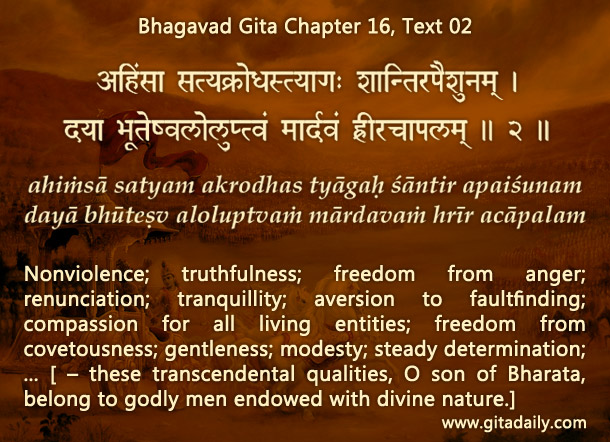
Suppose we come from an urbane background and behave in ways that our culture considers well-mannered. Suppose we meet someone from a rustic background with manners that our culture considers crude. While interacting with them, we may label the crude rude. Crude are those who don’t know how to respect others, rude are those who are deliberately disrespectful.
Ironically, the labels we fix on others may end up getting fixed on us. Here’s how.
When we feel angry with others, and especially when we feel that we have a right to be angry because they have disrespected us, then we let anger take control of us and do through us things that we would normally never do. We may verbally lash out at them for being disrespectful when actually they had no intention to disrespect us. If we give in to sudden angry outbursts, we can rectify that by offering apologies and making amends. Far more difficult to rectify are the deep-rooted biases that result when our anger-induced labeling of others permeates into our psyche. Driven by such biases, we may start behaving offensively toward them and justify our behavior, saying that’s what they deserve. Thus, we may end up becoming both crude — using uncultured words, and rude — being disrespectful to them.
Pertinently, the Bhagavad-gita urges us to be averse to faultfinding (16.02). In our context, that can mean not labeling people whose behaviors don’t meet our culture’s standards. Helping us avoid such labeling, the Gita stresses that everyone is essentially spiritual and similar (06.32) — we all are parts of the Divine (15.07). By focusing on others’ core spirituality beyond their external mannerisms, we can treat them with due courtesy and respect.
One-sentence summary:
Don’t label the crude rude, lest we end up becoming both crude and rude.
Think it over:
- What is the difference between the crude and the rude?
- How can labeling the crude rude backfire on us?
- Do you find anyone’s actions crude? How can you use Gita wisdom to see them more positively?
***
16.02: Nonviolence; truthfulness; freedom from anger; renunciation; tranquillity; aversion to faultfinding; compassion for all living entities; freedom from covetousness; gentleness; modesty; steady determination; … – these transcendental qualities belong to godly men endowed with divine nature.
To know more about this verse, please click on the image
Explanation of article:
Podcast:


Leave A Comment